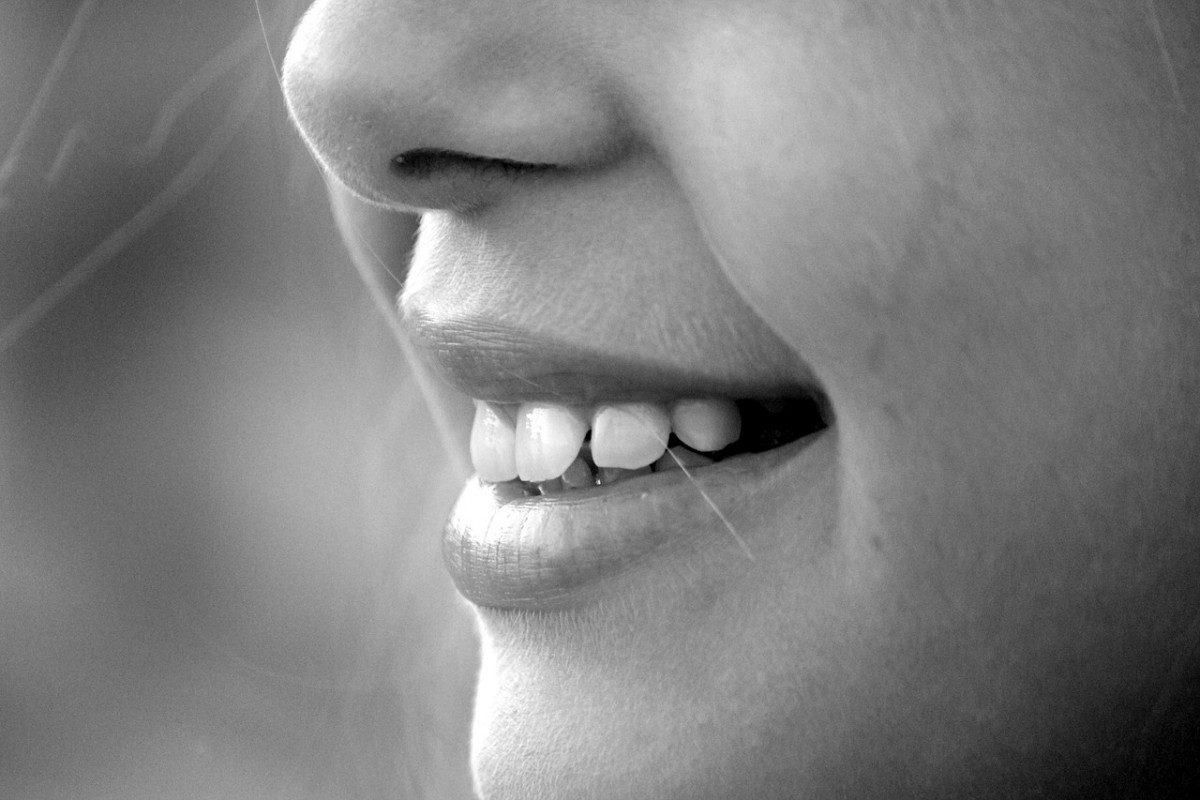
Wpg Free Press: Putting healthy smiles on the faces of refugee children
The following is an article written by Dr. Robert Schroth, an associate professor and clinician scientist at the U of M and the Children’s Hospital Research Institute of Manitoba. This article originally appeared in the Winnipeg Free Press on April 28, 2017.
April is oral-health month, the perfect time to celebrate your dental health.
Unfortunately, many Manitobans face oral-health challenges, including those with limited incomes, those living in rural and remote regions and Canadian indigenous peoples.
Another group recognized as having considerable dental needs are newcomers to Canada.
This is especially true for young refugee children.
A considerable proportion of these children are refugees with dental problems, predominantly tooth decay, who have come to Canada never having received any dental care.
Every week in my part-time clinical practice at Access Downtown and Mount Carmel Clinic, I care for children presenting with advanced tooth decay.
These children often require fillings and extractions, as well as preventive care such as cleanings and topical fluoride treatments.
Caring for this population is rewarding, but comes with some challenges, including their unfamiliarity with the dental care system, lack of finances and language barriers.
The Interim Federal Health Program provides some emergency dental care for children and adults.
And, fortunately, there are several community-based dental clinics that provide dental services at reduced cost.
The Winnipeg Regional Health Authority’s language access interpreters also provide an essential role, making dental visits for families without English-language skills easier.
While tooth decay is a preventable disease, there is growing evidence newcomer children have higher rates of early childhood tooth decay and lower rates of dental visits than Canadian-born children do.
A recent survey revealed tooth decay is very common among refugee and immigrant children new to Winnipeg, with about 45.5 per cent having early childhood tooth decay and nearly one in three having a more severe form of tooth decay.
The Healthy Smile Happy Child initiative was established by a partnership of agencies, including the WRHA and the University of Manitoba, to promote early-childhood oral health and prevent tooth decay among young children.
In 2015, the initiative recognized the oral health needs of young newcomer children and developed the Caring for Children’s Teeth Newcomer Resource, which can be found at wfp.to/E9c.
While this resource was developed for newcomers with minimal or no English literacy, the oral-health messages are applicable to all children and families in Manitoba.
The key messages include:
1) Look in your child’s mouth for signs of tooth decay. Lift your child’s lip regularly to see if the teeth are healthy and clean.
2) Brush your child’s teeth twice every day (morning and bedtime). Children under three years old should use a rice-sized amount of fluoride toothpaste, while children three and older can use a pea-sized amount of fluoride toothpaste.
3) Eat food that is good for your teeth. Limit the amount of unhealthy snacks and sugary drinks.
4) Start taking your child to the dentist before they are one year old.
5) Like your smile. Baby teeth are important and contribute to overall health and well-being for children.
Many refugees and newcomers are cared for by dentists in private practice.
However, there are a number of community-based dental clinics within Winnipeg that provide essential dental care to these families.
Information on these clinics can be found online.
These clinics include:
• Access Downtown, 640 Main St. (204-940-3816)
• Deer Lodge Centre Dental Clinic, 2109 Portage Ave. (204-831-2157)
• Mount Carmel Clinic, 886 Main St. (204-586-1659)
• SMILE plus program at Machray School, 320 Mountain Ave. (204-940-2090)
Connecting refugee children in Canada with a dental office is a great way to ensure they receive needed treatment and preventive care that will set them on a path toward a lifetime of good oral health.






